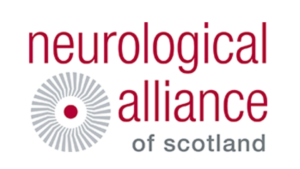Self-directed Support and People with Neurological Conditions

Neurological Alliance of Scotland are pleased to publish three new factsheets to help people with neurological conditions, and their carers, access personalised support.
- Self Directed Support for Adults: Information for Health and Social Care Professionals
- Self Directed Support for Adults: Information for the Voluntary Sector
- Self Directed Support for Children: What to Expect – Information for Parents
In 2021 they developed some guidance for people who care for those with neurological conditions:
- What to expect when you are new to caring
- What to expect from advocacy services
- What to expect when planning ahead
What is a neurological condition?
Neurological conditions affect the brain, spinal cord, nerves and muscles. they are often the result of illness or injury.
There is a very wide range of neurological conditions, and they can affect people in very different ways. Some neurological conditions are present from birth such as cerebral palsy, others develop at a later stage in life – from childhood to old age.
Some conditions are genetic, such as Huntington’s disease while others are caused by infections such as meningitis. The cause of many conditions remains uncertain.
Some neurological conditions are very common but some are extremely rare.
Most neurological conditions affect people’s quality of life and some will cause life-long impairments. While some conditions can be cured or managed as long-term conditions, some conditions are progressive or terminal.
It is important that people affected by a neurological condition receive the right care and treatment at the right time.